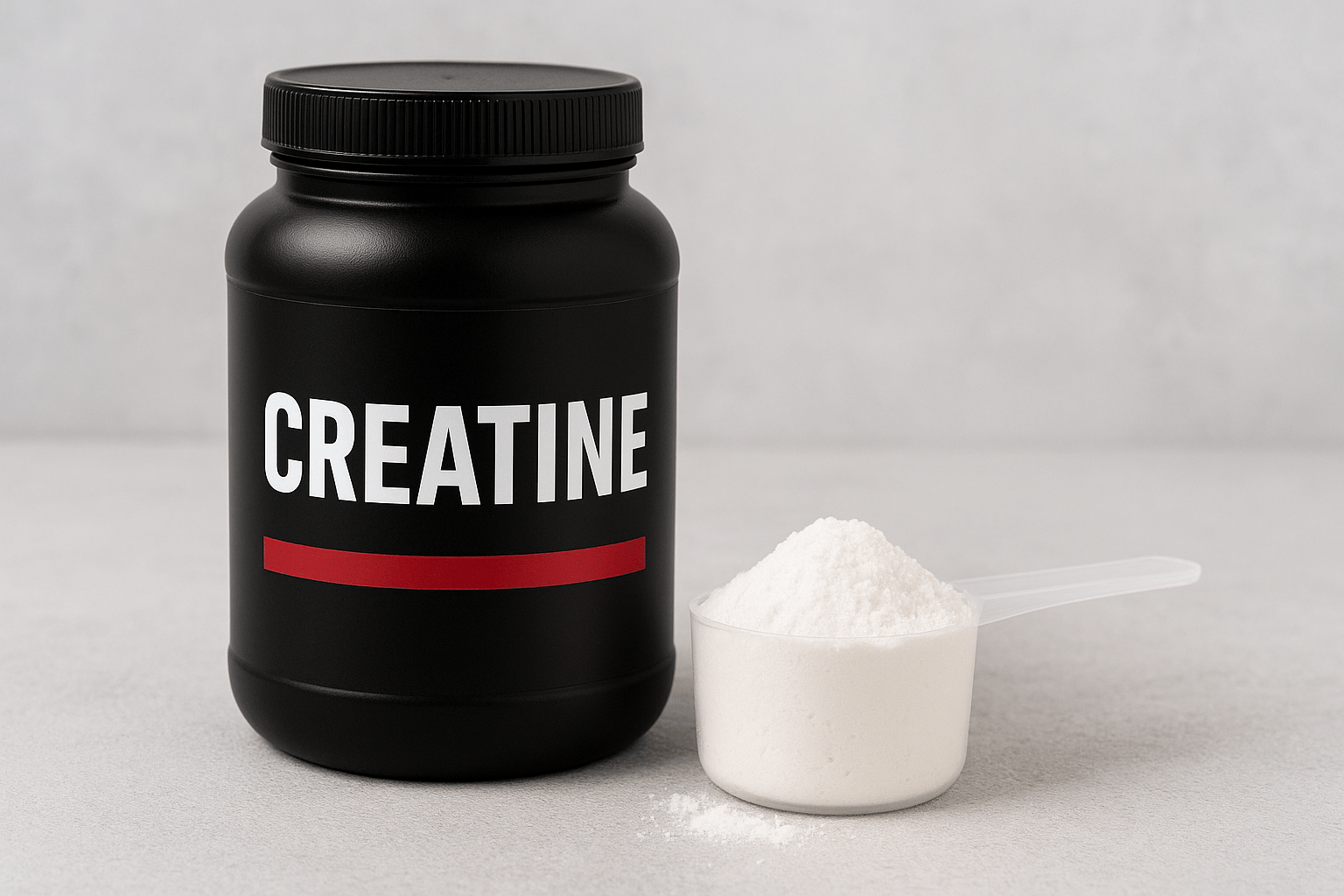When you hear “cortisol,” stress probably comes to mind. Often called the “stress hormone,” cortisol is more than just a signal of tension—it’s essential for keeping your body running smoothly.
Cortisol helps regulate energy, control blood sugar, and manage inflammation. It allows your body to respond to daily challenges and maintain balance.
Recently, “cortisol detox” has become a trendy term on social media. But what does it actually mean—and do you truly need one? Let’s break down how cortisol works, why it matters, and how to keep it in a healthy range.
What Is Cortisol and Why It Matters

Cortisol is produced by your adrenal glands and plays a critical role in keeping your body functioning. It helps you adapt to stress, regulate essential processes, and maintain overall balance.
Key functions include:
- Energy regulation: Cortisol releases glucose into your bloodstream, giving you a quick boost for daily activities or unexpected demands.
- Stress response: During stress, cortisol ramps up energy and sharpens focus, fueling your fight-or-flight response.
- Inflammation control: Cortisol helps prevent excessive inflammation caused by injuries, illness, or stress.
Cortisol is essential for health—but balance is everything. When levels are right, your body thrives.
How Cortisol Fluctuates Daily
Cortisol follows a natural rhythm known as the cortisol curve:
- Morning peak: Levels rise to wake you up and energize you for the day.
- Gradual decline: Levels taper off during the day, hitting their lowest point at night to help you sleep.
A smooth cortisol curve supports energy, focus, and recovery.
Signs of imbalance:
- High cortisol all day: Feeling anxious, overstimulated, or restless. May cause sleep issues, weight gain, and blood sugar problems.
- Low cortisol: Persistent fatigue, brain fog, low motivation, and sugar cravings.
Disrupted cortisol creates a vicious cycle. For example, poor sleep increases cortisol the next day, which can make the following night’s rest worse.
What Is Cortisol Addiction?
Cortisol addiction happens when your body becomes dependent on frequent cortisol spikes from stress. While not a medical term, it’s a pattern many people experience.
Chronic stress can make high-cortisol states feel “normal,” leading to behaviors like overworking or seeking constant high-pressure situations.
Common signs:
- Relying on caffeine or energy drinks
- Feeling restless or unproductive during downtime
- Crashing after high-intensity activity
- Constantly juggling tasks without recovery
Unchecked, this cycle can overwork your adrenal glands, causing fatigue, irritability, brain fog, and immune issues. Recognizing it is the first step toward breaking the pattern.
Do You Need a Cortisol Detox?

If you struggle with fatigue, poor sleep, anxiety, or difficulty losing weight, your cortisol may be out of balance.
A cortisol detox isn’t about eliminating the hormone—it’s about restoring your natural rhythm, lowering stress, and supporting adrenal health.
Practical steps for balance:
- Cut caffeine: Reduce coffee and energy drinks, especially in the afternoon. Try green tea or gradually lower intake.
- Take breaks: Short walks, stretching, or deep breathing reduce stress.
- Set boundaries: Say no to extra obligations. Limit work, social events, and screen time to allow recovery.
- Optimize sleep: Keep a consistent bedtime, avoid screens before bed, and create a dark, calm sleep environment.
- Practice mindfulness: Meditation, yoga, or journaling for a few minutes daily helps your body exit stress mode.
- Eat well: Focus on protein, healthy fats, and complex carbs to maintain stable blood sugar.
Small, intentional changes over time help restore balance.
Supplements That Support Cortisol Balance

Certain supplements can complement lifestyle changes:
- Ashwagandha: Reduces cortisol and boosts energy and focus
- Rhodiola Rosea: Reduces fatigue and improves clarity
- Magnesium: Supports relaxation and sleep (glycinate or citrate forms)
- Omega-3 fatty acids: Reduce inflammation and support hormone regulation
- L-Theanine: Promotes calm focus without drowsiness
- Vitamin C: Helps reduce cortisol and support adrenal health
- Probiotics: Improve gut-brain communication and stress management
Supplements are most effective when paired with healthy habits like balanced nutrition, stress control, and sleep hygiene.
Biohacks for Cortisol Regulation
Science-backed strategies for regulating cortisol include:
- Morning sunlight: 10–15 minutes shortly after waking supports natural rhythm
- Cold exposure: Cold showers or ice baths improve stress tolerance
- Grounding: Walking barefoot on natural surfaces may calm the nervous system
- Red light therapy: Supports circadian rhythm and relaxation
- Tech-free time before bed: Reduces blue light and helps cortisol drop naturally
These methods help your body align with natural rhythms over time.
Bringing Cortisol Back Into Balance

Cortisol is vital, but balance is key. When well-regulated, it improves energy, focus, and stress resilience. When out of balance, it disrupts sleep, mood, and overall health.
To restore balance:
- Prioritize quality sleep
- Eat balanced meals
- Practice mindfulness daily
- Follow a stress-managed workout routine
Hormonal balance takes time, so be patient and consistent. Over weeks or months, these small changes can support healthy cortisol levels and help you feel your best.







